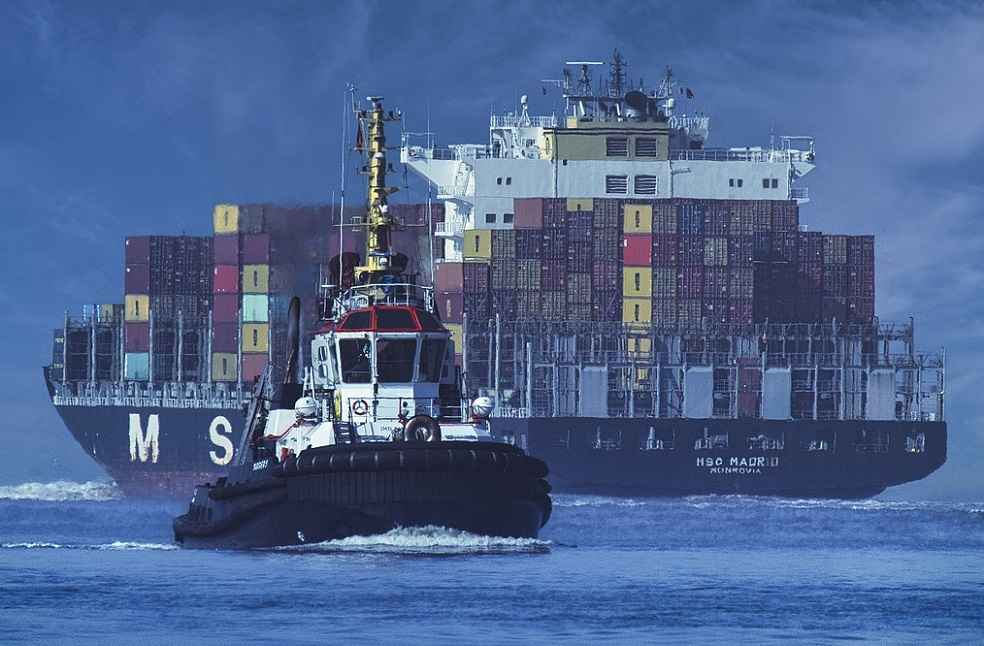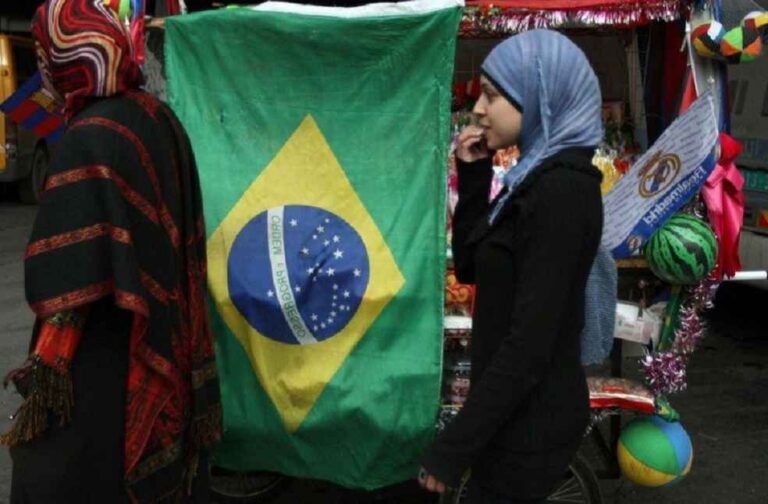Amid a dynamic global economic landscape, Brazil’s commercial ties with the Arab world display outstanding trade growth. Recent data illustrates Brazilian exports to Arab nations advancing by 8% during 2023’s initial seven months, culminating at a staggering $10.61 billion, a noticeable progression from the $9.83 billion recorded during the analogous period in 2022. This insight comes courtesy of the Arab Brazilian Chamber of Commerce (ABCC).
Detailing interactions with individual nations, Brazilian exports to Saudi Arabia touched a noteworthy $1.87 billion. Qatar, Kuwait, and Egypt also experienced a surge from Brazil, with exports marking $155.91 million, $157.78 million, and $1.16 billion, respectively. The United Arab Emirates (UAE) showcased Brazilian exports valued at $1.65 billion.
Delving into product specifics, the ABCC pinpointed dominant exported products from Brazil to the Arab territories: poultry and bovine animal meat, ores, slag, sugars, cereals, oil seeds, soya beans, natural or cultured pearls, precious metals, jewelry, coffee, tea, and spices dominate the list.

Reflecting on these impressive trade metrics, Osmar Chohfi, President of ABCC, articulated, “The Arab Brazilian Chamber of Commerce (ABCC) plays an essential role in strengthening the ties between Brazil and the Arab world. These positive figures indicate the strong and expanding trade relations between both sides. Through our various initiatives and dedicated efforts, the chamber has significantly contributed to increasing Brazilian exports to the Arab region.” Chohfi emphasized the Arab world’s pivotal stature within Brazil’s global trading matrix.
Chohfi further remarked, “We remain committed to building mutual understanding, expanding market access for Brazilian products as well as strengthening collaboration between these two dynamic and diverse regions. By facilitating trade, promoting investment opportunities, and encouraging cultural exchanges, we strive to boost bilateral trade relations and economic cooperation between the Arab countries and Brazil.”
On the flip side, the goods movement wasn’t unilateral. Brazilian imports from Arab territories soared to $6.11 billion within that seven-month window. A detailed assessment showcases imports from Saudi Arabia leading at $1.99 billion, trailed by Qatar at $408.5 million, Kuwait at $188.18 million, Egypt at $275.45 million, and the UAE amassing $722.07 million.

Dominating the list of goods flowing from Arab nations to Brazil were mineral fuels, fertilizers, aluminum, plastics, inorganic chemicals, precious metals, salt, sulfur, stones, organic chemicals, fish, cast iron, iron, and steel.
This thriving commercial rapport between Brazil and the Arab nations underscores the transformative dynamics of global trade, spotlighting the potential for more profound integration and alliance in upcoming times.
LATEST NEWS | Huddleston’s Southeast Asia Visit Targets Economic Boost for UK by 2027



